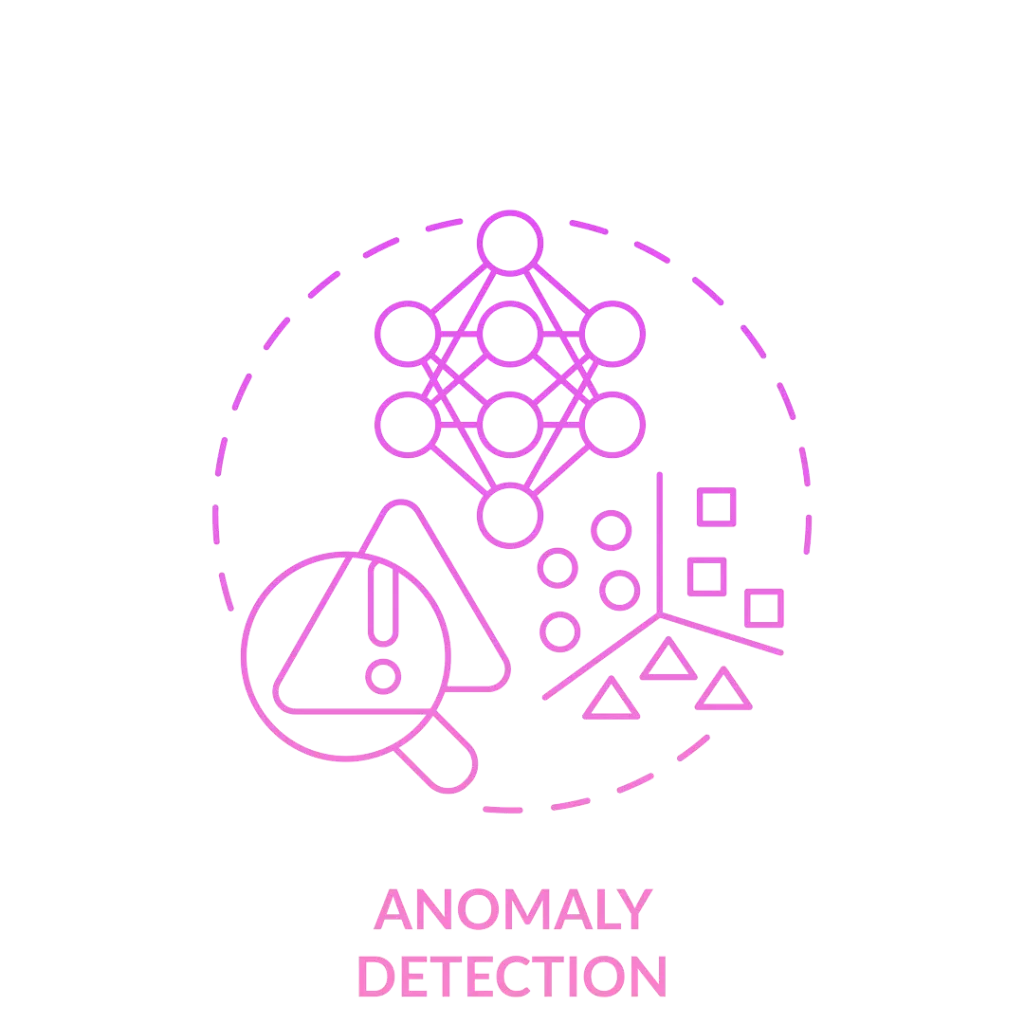Revolutionizing Data Transfer with Decentralization and AI
At WeSendit, our mission is to redefine file sharing and storage by integrating decentralization and artificial intelligence (AI) principles. In an era where data privacy and security are paramount, our platform stands as a testament to our commitment to these core values. By leveraging AI, we not only enhance the security and trust of our services but also provide our node Operators with the best possible protection against several unwanted types of data.
Our approach goes beyond mere file transfer; we aim to create a smarter, safer, and more seamless experience for our users and Web3 node system. Our AI-powered solution will safeguard our users and our network from unauthorized information, without infringing on individual privacy guidelines.
Problem definition and solution
Problem
Traditional cloud storage and file sharing services face the daily challenge of preventing fraud, criminal activity and copyright infringement. Ensuring that no illegal content is distributed through their platforms requires extensive monitoring and control mechanisms, often at the expense of privacy and user experience. In addition to the challenges of centralized control and efficiency issues, this is a critical problem for Web2 providers.
Solution
WeSendit’s approach is to overcome these challenges through decentralization and the development of AI-supported solutions. Our goal is a platform that proactively identifies and ward off security risks without compromising user privacy. The decentralized structure strengthens data security and increases resistance to attacks and data loss. For our node network and therefore all the node operators as well as the current and future Web3 storage partners, such as Storj, Unigrid and Filebase, this development step provides a reliable basis for storing customers‘ data in a secure and efficient environment, free from concerns about data breaches and legal risks.
FILE UPLOAD WITH WESENDIT > FILE SPLIT BY WSI NODE SYSTEM MASTER NODE > SAVE FILE FRAGMENT TO NODE >
CHECK FILE VALIDITY THROUGH CHECK-NODE UNTIL CLEARED
AI-Usecases
Fragment Discovery
By taking advantage of artificial intelligence, WeSendit does not analyse entire datasets. As our decentralized approach, otherwise, will be broken. Instead, with the fragment discovery approach, we ensure data privacy as long as there are no suspicious data segments.

Fraud and Anomaly Detection

Malware Detection
Fragment discovery helps us to detect suspicious content, but it also helps us to identify malware such as malicious code or ransomware, which is, because of encryption, not harmful to nodes but for recipients of the transfer.

Roadmap
Q2-Q4 2024: Planning phase: Problem definition and Concept creation
Goal: Build a solid basis with profound knowledge incl. circumstances
Activities
- Find a proper solution partner and establish a long-term collaboration.
- The key is always to understand the fundamental problem and to document this properly.
- Research, how the model will integrate to the nodes and how the process of fragment discovery looks like.
Q1-Q3 2025: Data Aquisition & Preparation: Plan and integrate API's
Goal: Serving the model with appropriate data from and to the application
Activities
- Defining datasets and parameters for LMM
- Adjust and Optimize Upload- and Download mechanism as well as node software.
- Research of analyzing fragments in different media types
Q4 2025-Q2 2026: Training and Model Development
Goal: Connecting platform, Nodes and WeSendit AI
Activities
- Complete integration of optimized AI models into the WeSendit platform
- Model evaluation and refinement
- Monitor and train the model before go-live
From Q3 2026: MLOps: Refinement, Improvement, Monitoring
Goal: Continuous optimization and expansion of AI technologies
Activities
- After making the AI-Powered Protection for both Users and Node-Operators publicly available, there will be continuous effort to improve and maintain the system.
- Extend the global detection to a country-based usage for better privacy and compliance
- more to come
Medium News
NVIDIA GPU Technology Conference (GTC) 2024: A Glimpse into the Future of AI and High-Performance…
On March 18, 2024, the technology world is on the brink of witnessing one of the most significant events in the history of Artificial Int…
Mar 13, 2024 / Read More
Explore the World’s First Decentralized File Transfer and Storage Aggregator Platform
We are thrilled to announce that WeSendit 3.0, the world’s first decentralized file transfer and storage aggregator platform, is now live…
Dec 18, 2023 / Read More
Empowering the Future of File Sharing
Discover the Power of Decentralization
and AI in Secure Data Transfer


